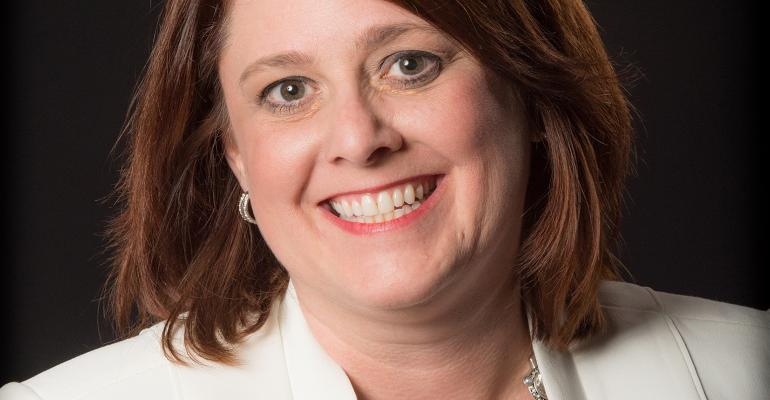The only time of the year that can hold a candle to the craziness of busy wedding season is the holiday season. Both events often overlap in some aspects--nailing down vendors, keeping track of timelines--but there are some significant differences to be aware of if you’re going to attempt to juggle the planning of both.
1. Organize the details.
A holiday party is often going to be planned and booked closer to the event date than a wedding. You will have less time overall to plan the details, but often the details are not as complicated as they would be for a wedding. For example, guests at a holiday party are treated equally rather than given designated titles for a bridal party. No processions to worry about, and usually no significant formality in dress code. Also, rarely, if ever, will there be toasts.
When you think of wedding planning, it comes down to a carefully crafted itinerary that most couples have thought about for an entire year or more during their engagement. Most of the guests who are planning a holiday party are busy with their day-to-day job, and this is just another added responsibility. Chances are, they are often open to most suggestions that you give them. Make it easy for them--offer to put together a menu and rentals based on their budget. We have found most of our holiday party clients are grateful for the help.
2. Secure vendors.
These two events share a common need for vendors. However, holiday parties don’t necessarily require as much decor coordination, nor is it required that you feed guests a three-course meal. That being said, the same stressors can accumulate when it comes down to booking caterers or entertainment for the event.
Every vendor is going to be different when it comes to the lead time they need for an order. Work with your creative partners for the holiday parties to create packages that are easy to sell and that they can provide during the holiday season without overextending their services. Stay in touch with the vendors during the busy season to make sure they are still available, and never assume that they can make something happen last minute.
3. Establish timelines.
Believe it or not, day-of timelines are fairly similar for both events. Most parties and weddings will start with a cocktail hour or reception, followed by a dinner of some sort.
The differences, however, come in play with the activities. Weddings will almost always have mother/son or father/daughter dances. For holiday parties, the activities are gift-related, whether it’s a white elephant or Secret Santa exchange. The latter event isn’t nearly as “by the book” as a wedding, whereas there are generally more moving parts centered around two people rather than a more casual evening. Additionally, we find that it’s best to keep the gift exchange near the end of the party so that guests can enjoy dessert while the exchange is taking place.
It’s important to keep in mind that holiday parties are often booked by guests who never have planned an event and are usually busy navigating their traditions with their family. As a planner, it’s your job to slow down and help them navigate through the process.
The same is especially true for weddings, where they’ll likely have more opinions circulating from friends and family. Make sure the host (or couple) understands what you will need from them and set schedule. Please don’t assume that they understand the language of events, or that they can offer their guests more than what’s allowed within the constraints of their budget.
Heather Jones is the catering sales director for Wente Vineyards, a family-owned property in Livermore, Calif., that is home to a winery and vineyards, a golf course, restaurant, and a range of unique facilities for hosting weddings and special events.





